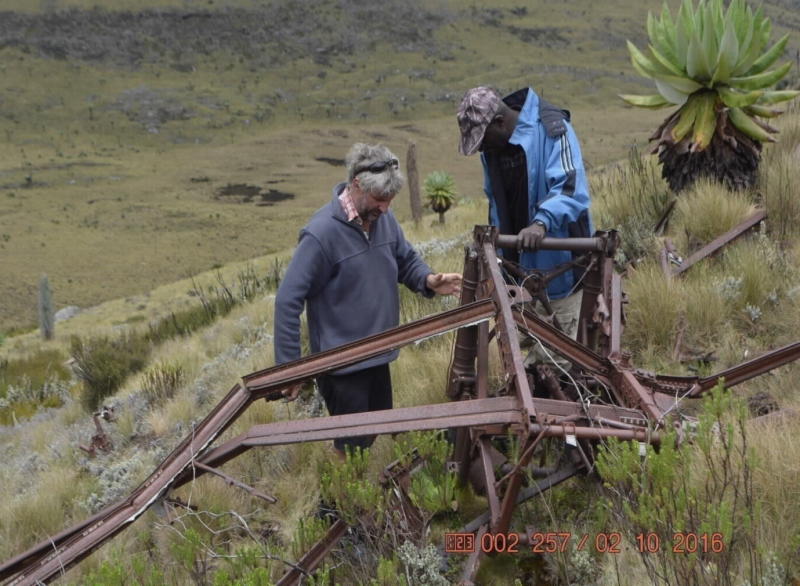×
The Standard e-Paper
Kenya’s Boldest Voice

In the 2010 Constitution, Kenyatta Day became Heroes or Mashujaa Day. The framers of the document perhaps felt heroism is shared and no one person can take all the credit.
Curiously, despite the renaming, the court recently reinstated Moi Day. That did not raise much debate. It seems to me that it without doing the same for Kenyatta Day, which came earlier, is highly symbolic. I leave it to you to interpret.